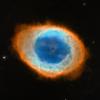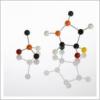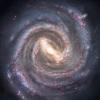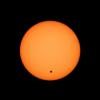by Whitney Hale & Amanda Miner
LEXINGTON, Ky. (Oct. 22, 2013) — Skylab astronaut Joe Kerwin will visit the University of Kentucky to present students Tyler "T.J." Flynn and Josiah Hanna each with a $10,000 scholarship from the Astronaut Scholarship Foundation (ASF) during a public lecture and ceremony, 5 p.m. Wednesday, Oct. 23, at the Memorial Hall Amphitheatre. If the weather turns colder, the event will be moved inside to the Engineering Commons, located in the Ralph G. Anderson Building.
During the

















